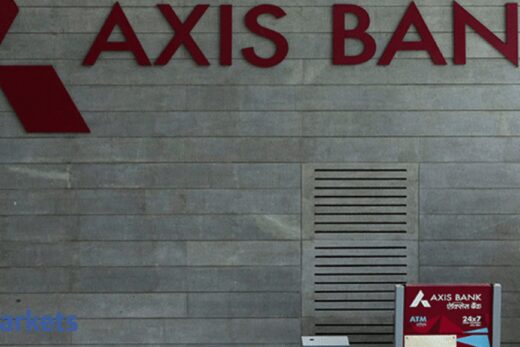The 40s is a critical time for retirement savings. It is likely that around this time a person will reach his peak income and can make a dent in his long-term goals if he hasn’t already begun to do so. By this stage, Amitesh should have had a clear strategy for his retirement plan as savings for this goal can’t be on an ad hoc basis. However, high interest rate personal loan or credit card debt can hold Amitesh back in the 40s. The repayment can be a drain on savings and could take away from the investments that he could have otherwise made. He and his wife are doing well to have a plan in place to pay down debt quickly. However, between unsecured debt and home mortgage, he must prioritise the former due to high cost and zero tax benefits, unlike the mortgage.
The 40s is also a life-stage where the ability to rectify mistakes is restricted as there is limited time to make amends. Goals such as retirement have many years before they have to be met and can benefit from high capital appreciation and compounding. Amitesh must evaluate his portfolio to ensure that it is skewed towards growth assets such as equity. He and his family must also find ways to increase savings by cutting back on lifestyle and other expenses, such as buying an expensive laptop or a fancy car. An emergency fund and mediclaim are required for protection of income, along with life insurance. Not having an emergency back-up can have serious consequences for Amitesh’s family.
Maximising earnings and savings should be the main focus for Amitesh at this stage. Hence, while the savings ratio should rise, the credit ratio should be falling.
(Content on this page is courtesy Centre for Investment Education and Learning (CIEL). Contributions by Girija Gadre, Arti Bhargava and Labdhi Mehta.)



